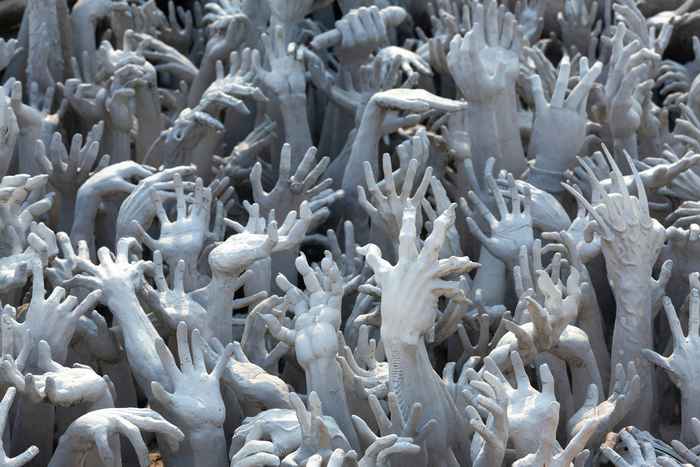The Civic Infrastructure of Torture: Medical Ethics in Israel, From Hunger Strikes to Sde Teiman
- Date
- 4 November 2025

Focusing on the bureaucracy of medical ethics in Israel, this talk explores the structures that mediate—and sometimes silence—the potential crisis emerging when the rationale of healthcare is confronted with security considerations. At its edge, the question thus becomes: How may medical ethics, as a set of institutions and procedures, limit, shape, mitigate, or perhaps even facilitate torture? Some of these bureaucratic structures have long colonial legacies, others emerge from the collapse of public systems that ensues from neoliberal policies; some are organized around racial divides, others are more universal in their deployment; but all end up replicating one pattern: they all ultimately dissolve into nothingness. My inquiry began with a hypothesis that cases of tortured people brought to public hospitals, in which physicians are often called to violate their code of ethics, would bring into operation the robust mechanisms of ethics that organize the medical field. Instead, I found an absence: an absence of procedures, an absence of implementing procedures, or an absence of these procedures’ ability to address the question of torture. In my talk, I will analyze this absence as part of larger political structures that have rendered ethics a facilitator of national violence rather than a mechanism for its restraint.
Bio:
Hagar Kotef is a Professor of Political Theory in the department of Politics and International Studies at SOAS, University of London. She currently works on an ESRC-funded project on torture and bureaucracy in Israel/Palestine, in collaboration with the Public Committee against Torture in Israel. Her recent book, The Colonizing Self (Or: Home and Homelessness in Israel/Palestine), published by Duke UP, 2020, examines the construction of political belonging and territorial attachments in settler colonies. It investigates how people develop attachment to space not despite violence, or by denying it, but rather through violence. The Colonizing Self won the C.B Macpherson book award, the Yale Ferguson Award, and the Spitz Prize in Democratic Theory. It further received Honorable Mentions of the MESA Fatema Mernissi Book Award, the Sussex International Theory Prize, and the IPS-ISA book award.